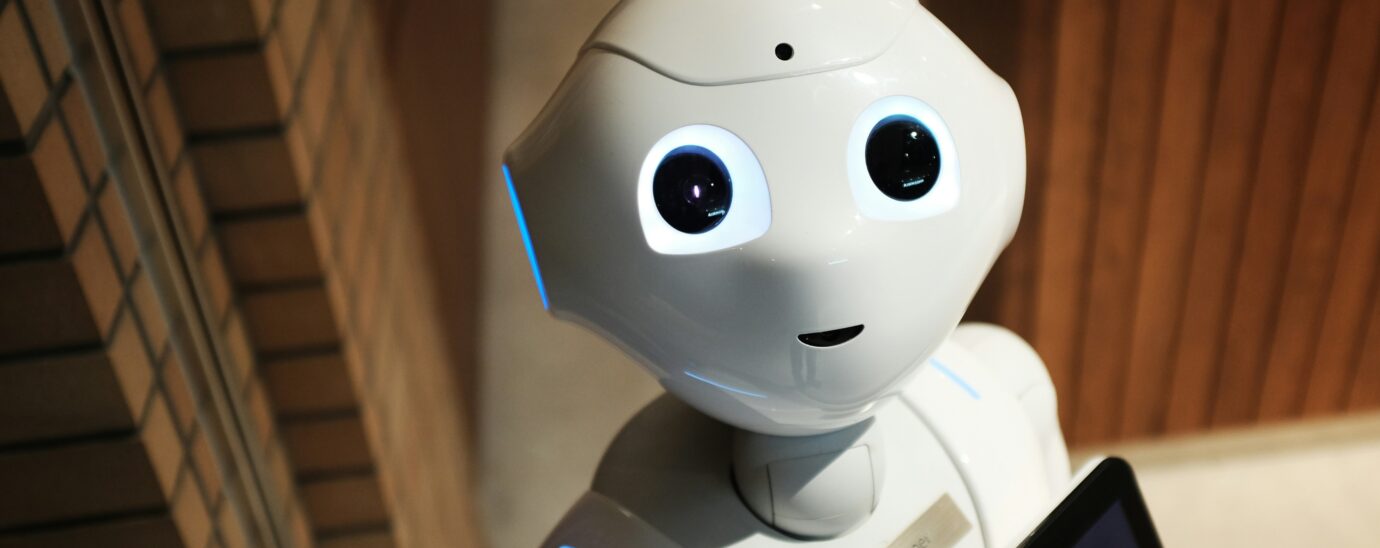Embracing digital AI recruitment without rocking the boat

Despite some initial reluctance, artificial intelligence (AI) is set to become indispensable in business operations. For global enterprises, AI offers significant benefits by simplifying complexity and enabling confident decisions—when used in the right way.
Those HR recruitment teams that seamlessly integrate AI technologies will optimise their recruitment practices and will have the opportunity to better realise their commitment to diversity, equity, and inclusion (DEI) initiatives. AI algorithms can, if care is taken, ensure fair and unbiased candidate evaluation, promoting a more diverse and inclusive workforce.
Embracing digital AI recruitment represents more than just a technological upgrade—it’s a strategic imperative for organisations looking to stay competitive in the digital age.
Optimising recruitment with AI
Recruitment has traditionally been a time-consuming and resource-intensive process, often requiring HR teams to sift through large volumes of resumes and conduct numerous interviews to find the right candidate. However, AI can streamline this process and free up the time of HR professionals, creating a longlist of candidates or highlighting particularly suitable CVs.
According to a survey by Gartner, 41% of HR leaders reported that implementing AI in their recruitment process led to a significant reduction in administrative tasks, allowing HR teams to focus more on strategic activities such as talent development and employee engagement.
The number of applications that job openings attract can vary wildly, so it’s difficult to have a single process to create a shortlist AI-powered tools can analyse vast amounts of data quickly and accurately, identifying the best candidates based on predefined criteria. These tools are also capable of learning and adapting over time, becoming more effective as they process more data. This not only enhances the efficiency of recruitment but also improves the quality of hires, as AI can help identify candidates who are not just qualified on paper but whose values align with the organisation.
Advancing diversity, equity, and inclusion (DEI)
Beyond operational efficiency, AI offers significant potential in advancing DEI initiatives within organisations. A major challenge in recruitment is ensuring that the process is fair and free from bias. Traditional recruitment methods are often susceptible to unconscious biases, which can lead to a less diverse workforce. For instance, research by Harvard Business Review has shown that traditionally “white-sounding” names receive 50% more callbacks for interviews than those with “ethnic-sounding” names, even when qualifications are identical.
AI algorithms, when designed and implemented with care, can help mitigate these biases. By focusing on objective criteria and analysing candidates based on their skills, experience, and potential rather than subjective factors, AI can promote a more inclusive hiring process. According to a report by McKinsey & Co, organisations that use AI to enhance their recruitment process have seen a 19% improvement in the diversity of their candidate pool, both with gender and ethnic diversity – a small step in the right direction.
However, it is crucial that these AI systems are regularly audited and refined to prevent the perpetuation of existing biases. AI systems are, after all, built on a corpus of human knowledge that is likely to contain the very biases HR teams want to remove. Transparent and ethical AI practices, plus oversight, are essential to ensuring that technology serves as a force for equity rather than exacerbating disparities.
A strategic imperative for the digital age
For organisations aiming to stay competitive, embracing AI in recruitment is more than just a technological upgrade—it is a strategic imperative. The digital age demands agility, innovation, and a forward-thinking approach to talent management.
By integrating AI into recruitment processes, companies can not only improve efficiency and outcomes but also demonstrate a commitment to modern, inclusive practices that resonate with today’s workforce.
However, it is important to approach this integration thoughtfully. Change can be disruptive, and there may be resistance from those who are accustomed to traditional methods. To avoid “rocking the boat,” organisations should prioritise clear communication and training, ensuring that HR teams understand the benefits of AI and are equipped to use these tools effectively. Moreover, it is important to maintain a balance between automation and human oversight—AI should enhance the recruitment process, not replace the human judgement and intuition that are crucial to successful hiring.
HR teams know that there is an art to recruitment—it’s about more than ticking boxes. Someone who falls slightly short of minimum requirements may actually be a perfect hire, worth a little investment in training and the opportunity to gain experience. Experienced HR teams will be able to spot this, whereas an AI that is sifting out applications that fail to meet certain requirements would not.
It’s important to be clear to staff exactly how AI will be used. An announcement that simply says “we are using AI for recruitment” and little else—or worse, no communication at all—can easily lead to rumours and bad feeling. Is AI now making all HR decisions? Will a machine be hiring and firing employees? Is it coming for our jobs next? By making it clear what decisions are being enhanced by AI and where humans still retain complete control, it will be far easier to control any potential bad feeling or misinformation—and make it easier to introduce AI systems to other parts of the business if this is a pilot project.
The integration of AI into recruitment is not just about keeping up with the latest technology trends; it is about making a strategic investment in the future of the organisation. Those HR teams that seamlessly integrate AI technologies will optimise their recruitment practices, enhance their DEI efforts, and position their organisations to thrive in an increasingly competitive global market.
